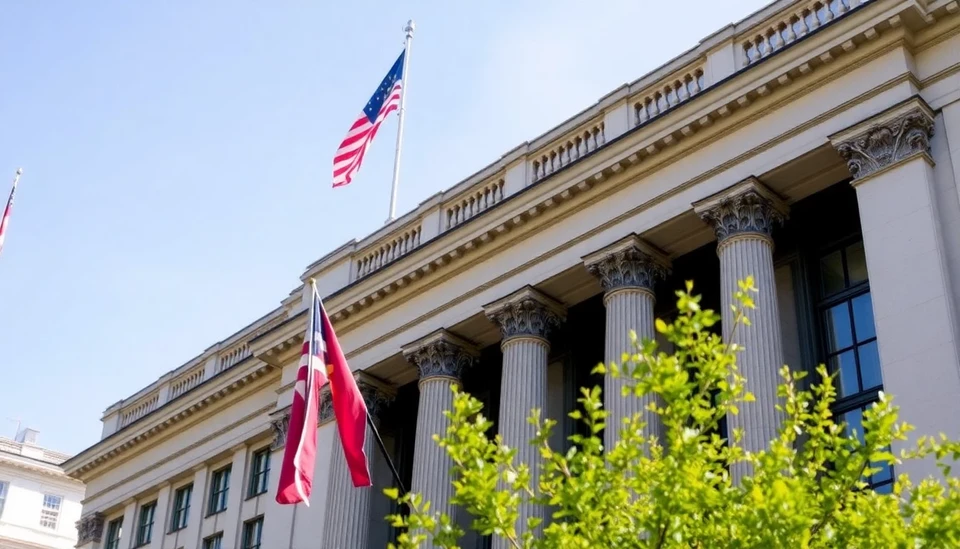
The European Central Bank (ECB) has decided to keep its interest rates unchanged during the latest policy meeting, signaling a cautious approach amid evolving economic conditions in the eurozone. This announcement comes as the region grapples with a mix of stagnant growth and persistent inflationary pressures, raising questions about the future trajectory of monetary policy.
ECB President Christine Lagarde noted that current economic indicators showed mixed signals. While inflation remains above the central bank's target of 2%, the recent data indicates a slowdown in economic activity. The central bank is continuing to monitor developments closely, emphasizing their commitment to tackling inflation without derailing economic recovery.
In a statement following the ECB's latest meeting, Lagarde remarked that inflation, driven by factors such as energy prices and supply chain disruptions, remains a critical challenge. The ECB is keen on balancing its goal of price stability while ensuring that the eurozone economy does not enter a deeper recession.
Market analysts had widely anticipated this decision to hold rates steady, given the uncertainty surrounding global economic dynamics, particularly with rising geopolitical tensions and fluctuating energy prices. The ECB's cautious stance reflects a broader trend among central banks worldwide as they navigate a complex economic landscape.
Lagarde also hinted at the possibility of future rate hikes should inflation not show signs of abating. She acknowledged that economic conditions could evolve rapidly and that the ECB is prepared to respond accordingly. “We are committed to acting if necessary, but we do not see the need for immediate action at this point,” she stated.
The decision was met with a nuanced reaction from financial markets. While some believe that holding rates steady provides a level of stability, others suggest that more proactive measures may be required if inflation does not conform to expected patterns. The volatility in energy markets, particularly natural gas and oil, continues to be a major concern for both consumers and businesses in the region.
In addition to the interest rate decision, the ECB also released forecasts indicating that while GDP growth is expected to slow, it anticipates a gradual recovery over the next year. However, the forecast is contingent upon several external factors including consumer behavior, supply chain restoration, and global market conditions.
With the ongoing uncertainties, the ECB has emphasized its role in providing guidance and support to the eurozone economy to ensure a balanced recovery. Stakeholders will be closely watching the upcoming economic indicators and ECB communications, as they will signal the central bank’s next moves and any adjustments that may need to be made in the coming months.
As the ECB navigates this complex financial environment, the focus remains on achieving sustained economic growth while maintaining price stability. Investors and policymakers alike will be keenly observing how the ECB's policy decisions influence the broader European economy in the face of changing circumstances.
In summary, the ECB's recent decision to maintain interest rates highlights a careful and strategic approach to economic governance in the eurozone, reflecting the broader uncertainties that loom within the global economy.
#ECB #ECBPolicy #InterestRates #Inflation #Eurozone #Economy
Author: Daniel Foster




